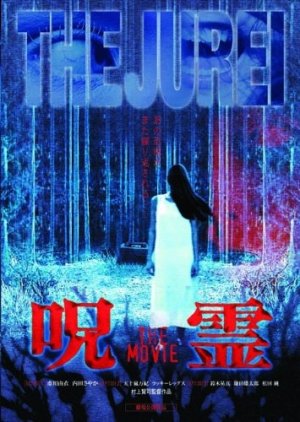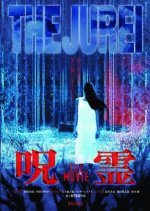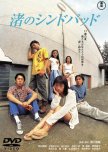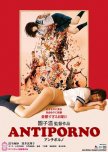Ju-Rei: The Movie consists of short stories revolving around the theme of hauntings and ghosts. However, rather than the documentary style of the former, JuRei: The Movie presents three fully dramatized episodes. Episode 1: Glowing Babies from Hell While the young Ichiko is undergoing surgery at a local private hospital, a strange sickness overcomes her which not only requires a prolonged stay, but also subsequent surgeries. During the midnight hours of each evening, in a feverish state, Ichiko believes she is being visited by a (creepy) little girl. When she asks the head nurse regarding this, the nurse nervously suggests that it is simply little Yasuko in the next room. Episode 2: Glowing Naked Men Falling from the Sky This episode proved to be much more entertaining than the first. While episode one was confined to the sterile hallways of the haunted hospital, episode two provides prolonged views of twenty-something Japanese girls in bikinis, giggling and hugging each other. (!), Episode two explores the potential darkness inherent in possessing sudden unusual powers. Hearing this description, one would easily think of stories such as Unbreakable or (US) TV dramas such as Smallville. But of course, Broadway has a completely different perspective. Strange things begin to happen when any one of our group of bikini babes sneezes. Suddenly, and for no apparent reason, a bikini babe's sneeze sends a glowing naked man plummeting from the sky. The poor nude soul dies on impact, of course. However, along with his glowing genitalia, each naked man (and there are several of them) holds something representing the deepest secret of the sneezer. Episode 3: Life is like Television This is the most philosophical of the episodes and is convincingly acted by several child actors. The story starts with a discussion between the young (elementary school-aged) Takumi and his terminally ill younger brother Mikio. Once alone in the hospital room, the dying Mikio asks his elder brother what to expect after death. Takumi certainly has his own opinion, namely that spirits rise to a spirit world which could be called heaven. When Mikio presses for proof, Takumi suggests that the "ghosts" of this world are proof of an afterlife. Young Mikio, however, has never seen a ghost and seems much more convinced that life is like a television. Once you are done watching it, it is simply turned off. In the same way, death brings the end of thought, emotion, memory. It is the end of everything, including "darkness". Edit Translation
- English
- magyar / magyar nyelv
- dansk
- Norsk
- Native Title: 呪霊
- Also Known As:
- Genres: Mystery, Horror, Psychological, Supernatural














